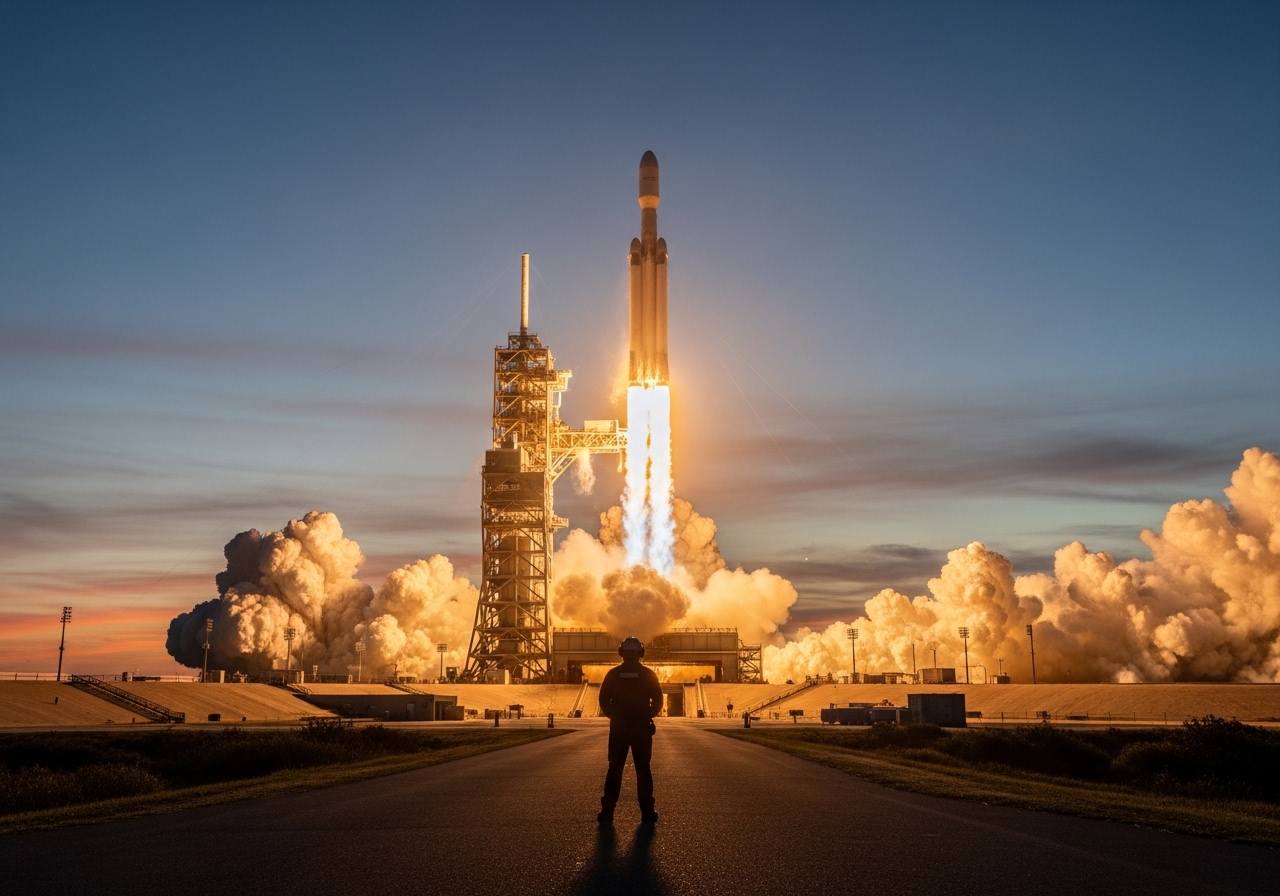President Trump’s new executive order to speed up regulatory approval for commercial rocket launches is a big win for Elon Musk and his company SpaceX. But this move also sends a strong signal to investors, entrepreneurs, and families across America who care about economic growth, innovation, and the free market. By cutting red tape that has slowed down space companies, the federal government is opening the door to faster development, more competition, and potentially large returns for forward-thinking investors.
SpaceX is not just a space company—it’s one of the most valuable private companies in the world, worth about $350 billion. Its work includes launching satellites, sending astronauts to the International Space Station, and building the Starship rocket, which is designed to be fully reusable. This is a big deal for the space industry. Reusable rockets could cut launch costs dramatically, allowing more companies to enter the market and increasing the pace of innovation.
Before this order, companies like SpaceX had to navigate a slow and complex web of federal rules every time they wanted to launch a rocket. Each launch required detailed approvals, sometimes including environmental reviews that could delay operations for months. These reviews were often outdated or not suited to modern spaceflight. That kind of regulatory drag wastes time and money—and it hurts U.S. competitiveness in a global space race.
The president’s order focuses on several key changes. First, it tells the Department of Transportation to review and revise the FAA’s Part 450 rules, which govern launch licenses. These rules will now be updated to remove unnecessary obstacles. Second, the Office of Space Commerce will now report directly to the Secretary of Commerce, giving it more power to act quickly. Third, the head of the FAA’s commercial space office will become a political appointee, which can speed up decision-making and make the office more responsive to elected leadership.
These changes are likely to benefit not just SpaceX, but the entire commercial space sector. That includes satellite companies, defense contractors, and new startups working on space tourism, in-orbit services, and lunar missions. Investors should take note: the policy environment is now more favorable for space-related innovation, which may lead to an increase in private investment, IPOs, and job creation in this fast-growing field.
There are also broader economic benefits. SpaceX launches satellites for Starlink, its satellite internet service that aims to provide global coverage. A faster launch schedule means more satellites in orbit, better service, and more potential revenue. That strengthens Musk’s overall business model and might eventually offer investment opportunities if Starlink becomes a publicly traded company.
For American families, this kind of regulatory reform can be a quiet but powerful boost to economic stability. A faster, more efficient space sector means more jobs in engineering, manufacturing, construction, and logistics. It also means lower costs for satellite-based services like internet, GPS navigation, and weather forecasting. These services touch almost every part of daily life, from farming and trucking to education and home communication.
From a free market perspective, this is a textbook example of what good deregulation can look like. Government is not picking winners and losers—it’s simply stepping back and letting private companies compete, innovate, and grow. That’s the kind of environment where risk-takers can build great things and investors can earn real returns.
There’s still work to do. The regulatory reforms need to be implemented effectively, and oversight must remain strong enough to ensure safety. But the direction is clear: America is once again prioritizing innovation and economic freedom over bureaucracy.
For investors, this is a moment to watch. Space-focused ETFs, aerospace stocks, and even indirect plays like satellite communications and defense contractors could see long-term benefits. For families, this policy shift supports job creation, technological progress, and a stronger U.S. economy.
In short, fewer rules and faster approvals in the space sector could mean a brighter future—not just for Elon Musk, but for all Americans who believe in the power of the free market.





Comments are closed.